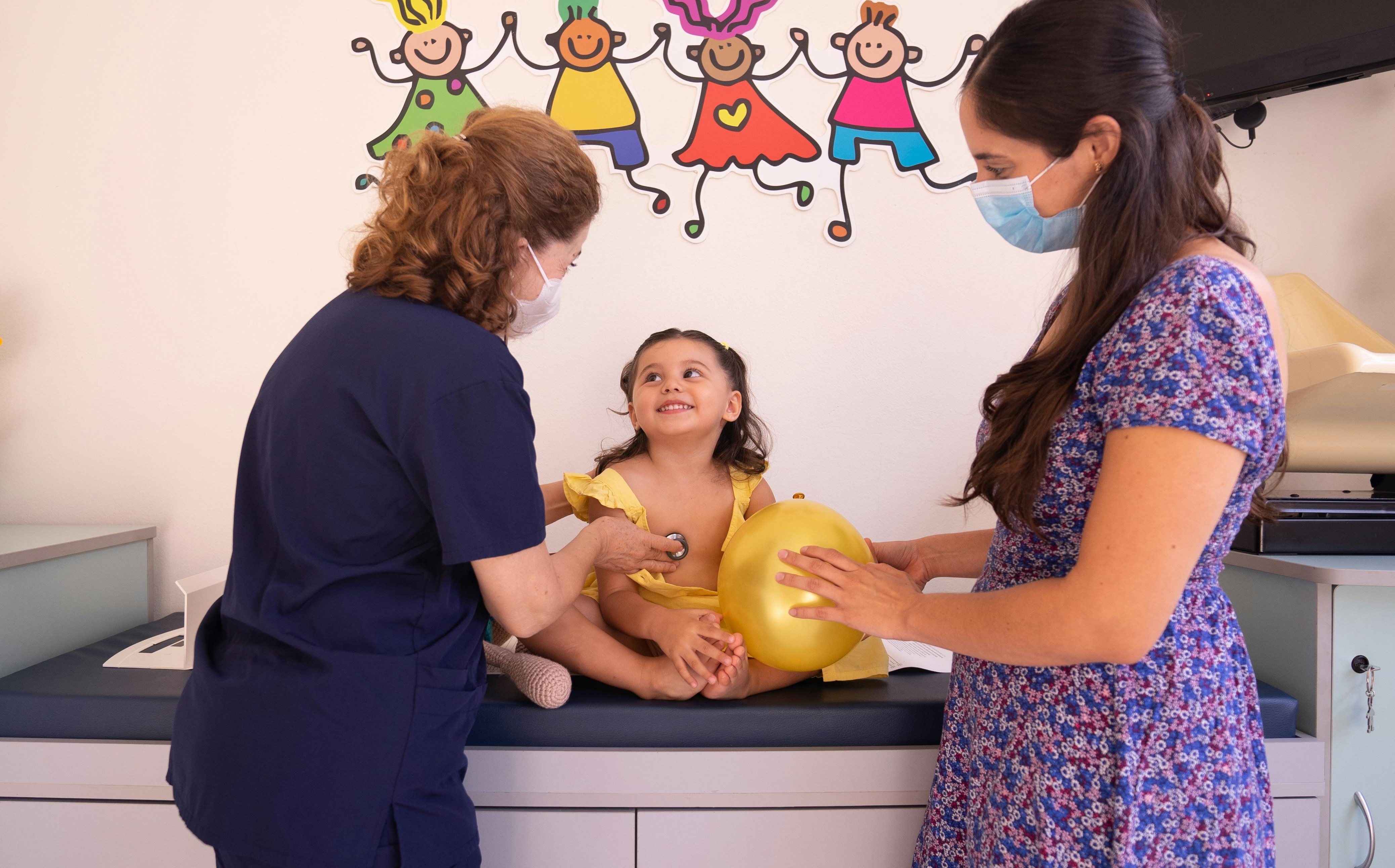
Getting a FASD diagnosis
Foetal Alcohol Spectrum Disorder (FASD) is a neurodevelopmental disorder caused by exposure to alcohol before birth.
Click here to read our article about spotting the signs of FASD.
An early diagnosis of FASD gives you and your child a starting point to get the support you need.
Many whānau say receiving the diagnosis for their child took away the confusion and frustration that weighed them down.
When to get a diagnosis
Start early. If you know your child (whether biological or adopted) has been exposed to alcohol prenatally and/or you have concerns about their behaviour, cognition or development, visit your family doctor. Children with FASD have significantly improved outcomes when they receive a diagnosis before the age of six.
That said, a diagnosis is still valuable at any age. Trust your instincts – if you feel you’ve been brushed off or not listened to by one medical professional, don’t hesitate to seek out a second, third or fourth opinion. Be persistent. Getting a diagnosis may be hard work, but it will help you move into a more positive chapter in your child’s life, so you can get them the support they need.
Where can my child get a diagnosis?
Visit your family doctor. From there, your doctor will be able to refer you to the relevant specialists to get your child assessed.
In New Zealand, access to FASD assessment services varies from region to region, with some people needing to go through their local DHB, while others might be able to pay for private assessments.
You can find more info about where and how to get a diagnosis on the FASD-CAN website.
Remember to be honest and open with your doctor. You can also get an advocate to sit with you in your appointment as a support if that would help.
What’s involved in the diagnosis?
New Zealand clinicians follow international guidelines for FASD diagnosis.
To be diagnosed with FASD, your child needs to have confirmed exposure to alcohol prenatally. If your child is adopted or a foster child, it’s important to get as much information as you can about their birth mother’s pregnancy and birth.
The diagnostic team will assess your child’s IQ, executive functioning, language and learning abilities and developmental age.
FASD affects 10 domains (functions) of the brain. Tests will be carried out to see if your child shows signs of serious impairment in three or more of these domains. Other causes will also have to be ruled out before your child is diagnosed as having FASD.
To qualify as significant impairment, a child needs to score in the bottom 3% of children in their age group.
Be prepared for the path to diagnosis to take some time. FASD is a complex disorder which can affect many functions of the brain and body. You may need to consult a wide range of professionals including paediatricians, psychologists, occupational therapists, speech and language therapists and educational experts before getting the answers you are looking for. But this interdisciplinary approach is crucial to an accurate diagnosis.
After the diagnosis
It's normal to experience a range of emotions from relief at finally knowing the cause of your child’s behaviour, to grief for a type of family life you feel is not possible. It's common for family members to react in different ways. Give yourself and each other time to process and accept the diagnosis.
Share the diagnosis with friends, whānau, your community and your child's school. Educate them on how they can support your child with tailored interventions and programmes.
Your child is an individual with their own strengths and challenges, but a diagnosis gives them a base point from which to build their future successes.
You can also get in touch with FASD-CAN, the Fetal Alcohol Spectrum Disorder – Care Action Network for specific support and to meet other parents.
You might also find the resources below useful, which include websites, online interactive games, and books and articles from the IHC Library. Or contact the IHC library directly to have a chat about what you need 0800 442 442 or email librarian@ihc.org.nz The library is free and open to anyone living in Aotearoa.
Helpful websites
Helpful materials
A diverse collection of resources addressing fetal alcohol spectrum disorders (FASD), offering insights into diagnosis, parenting strategies, inclusive education, and support for families and communities.
A selection of children's books that provide relatable stories and insights into living with fetal alcohol spectrum disorder (FASD), fostering understanding and empathy.


